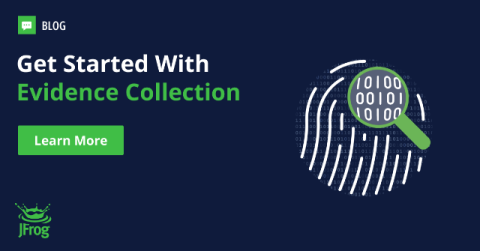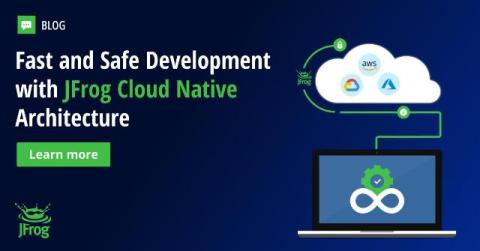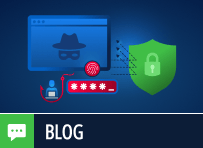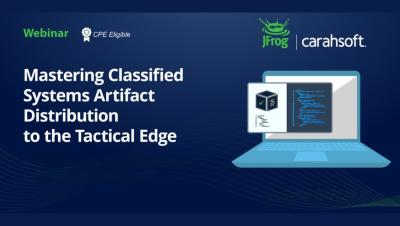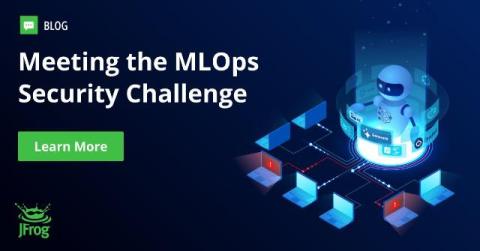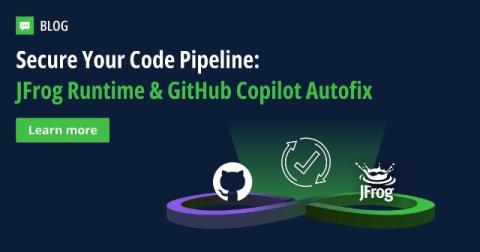Now Available: Evidence Collection with JFrog
There is an increasing need for traceability and attestation of the actions taken as software moves across the SDLC. Emerging regulations and policies around secure software development are rapidly evolving, and it’s important to stay ahead of the changing landscape. Some organizations have taken a proactive approach with home-grown solutions or manual processes, but despite best efforts, these solutions often lack scale and eventually falter over time.


